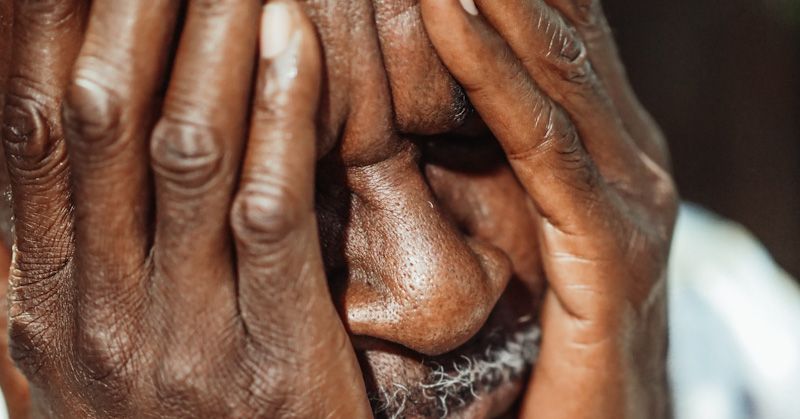Mental Health Issues for Older People & Tips to Help


Well-being Advice for the Elderly
There is a lot of media coverage and information about young people suffering from mental health, however, depression and mental health issues are increasingly worrying problems with the elderly too. Approximately 15% of adults aged 60 and over suffer from a mental disorder.
This has not been helped by the current situation we are all facing with the cost of living crisis, increasing fuel costs, and coming off the back of a pandemic where elderly people have felt vulnerable and isolated.
We know the winter months are often more difficult as colder weather, seasonal infections, and loneliness make it a particularly challenging time
The latest ONS data showed:
– 75% of people aged 70 and over and 75% of people aged 50-69 years were very worried or somewhat worried about the cost of living.
– 52% of people aged 70 and over were very worried or somewhat worried about the new variants of coronavirus.
– 33% of people aged 70 and over were very worried or somewhat worried about the effects coronavirus is having on their life right now. *
Mental health has an impact on physical health and vice versa. It is so important that the elderly get help and treatment for depression and well-being concerns as well as for physical illness. For example, older adults with physical health conditions such as heart disease have higher rates of depression than those who do not have a serious health problem In addition, it has been proved that untreated depression in an older person with heart disease can negatively affect its outcome, ensuring people get the help they need to deal with any mental health problem is imperative. We all must take steps to look after our emotional well-being. Some of those steps might include:
• Stay in touch and stay connected. If you are online then keep in touch with friends and family via Skype or WhatsApp or by phone or digital messaging.
• Try to do something you enjoy every day and find things that make you laugh, such as humorous movies, books, or online videos.
• Keep going with hobbies and interests. Consider volunteering to help meet new people and give you a sense of purpose.
• Physical exercise is scientifically proven to lift your mood and improve your sense of well-being – light exercise or even moving just a little bit more within your own capabilities can help.
• Sign up for Age UK Befriending and Call in Time Services or Silverline services. They offer a reassuring voice and clear information from trained staff on the support available to older people.
• If you are struggling to cope with your mental health speak to your GP.
Click here to get more practical help and advice to help you be kind to your mind.


